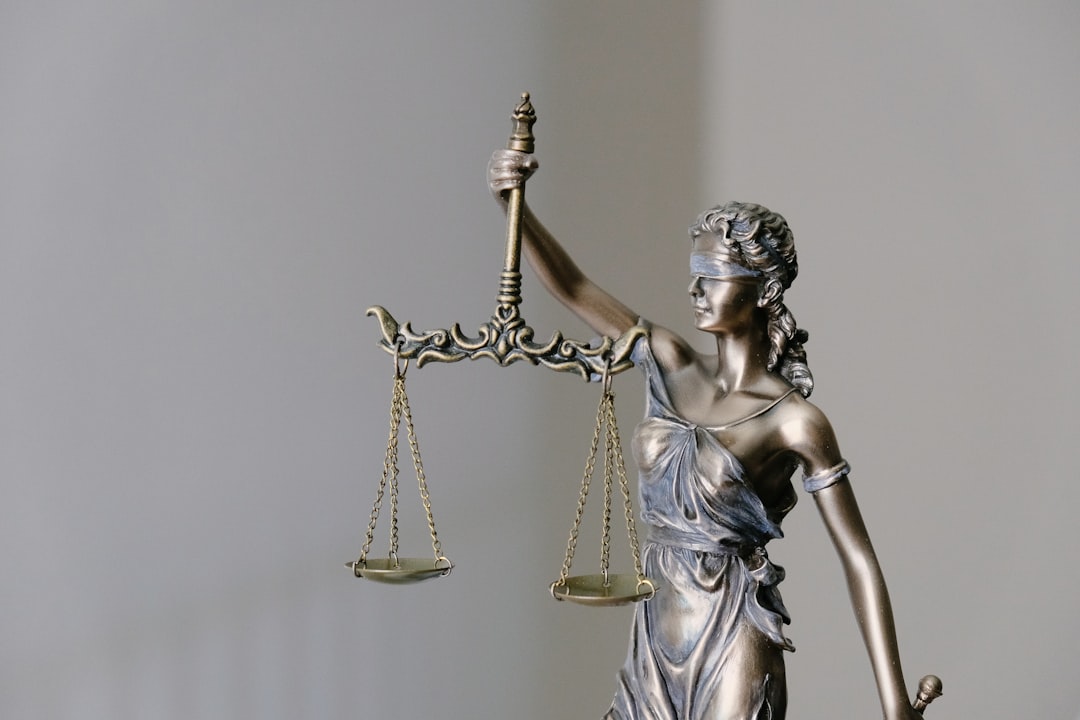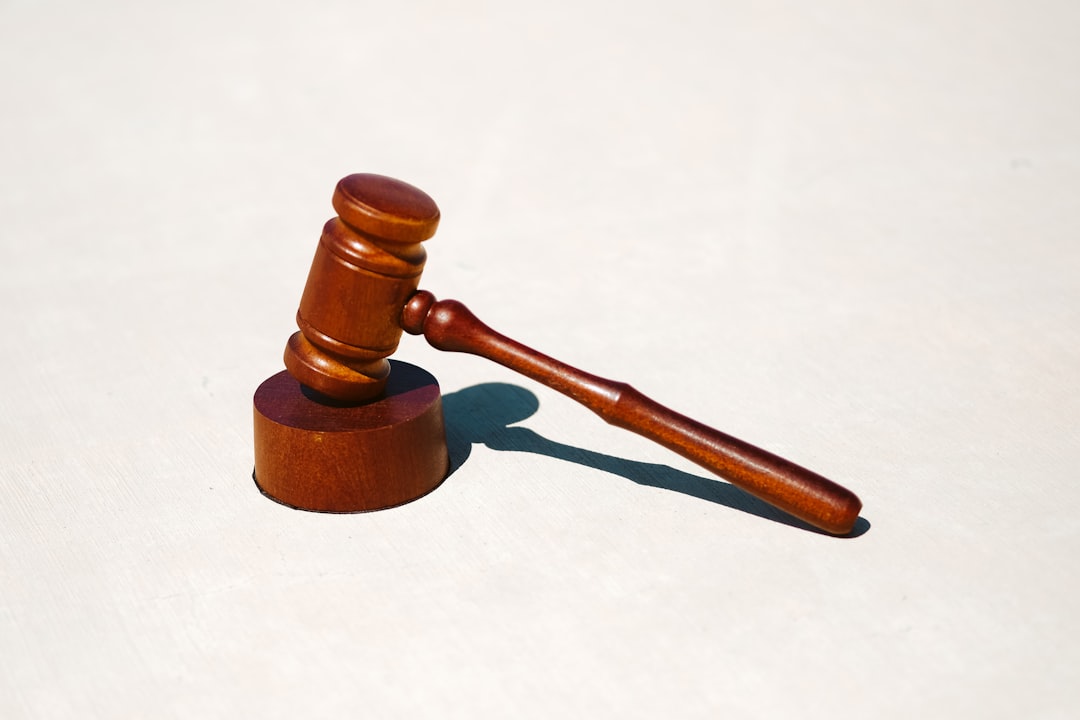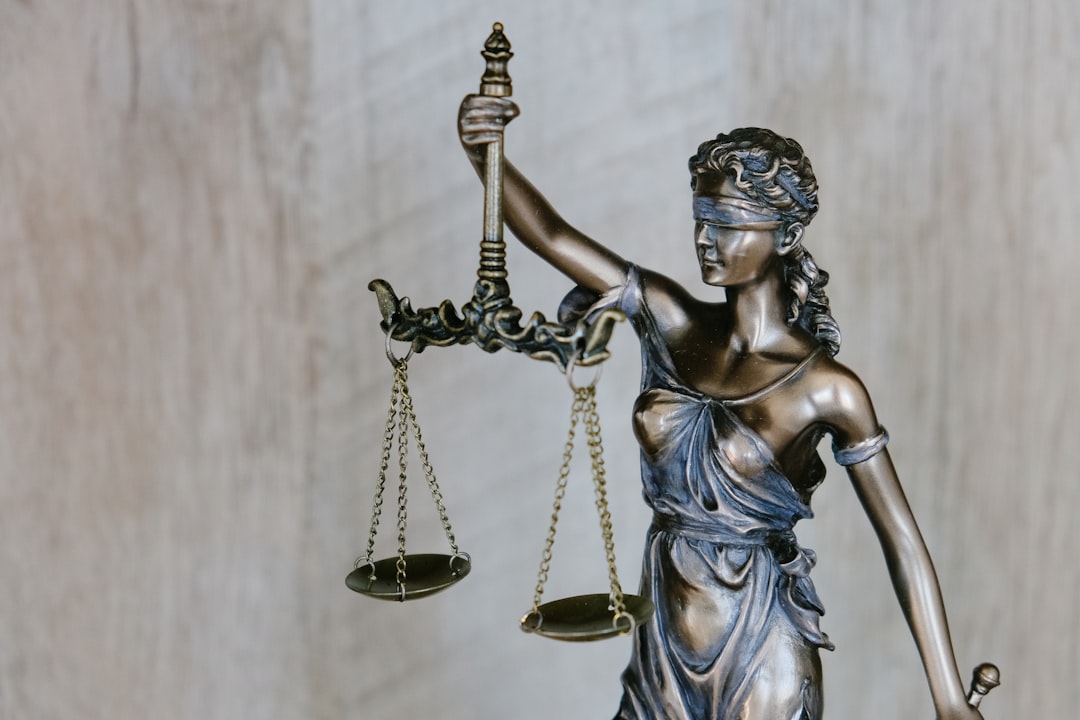In Newark, New Jersey, sexual assault cases are governed by state laws like the Rape Law (N.J.S.A. 2C:14-1 to -34). Facing false allegations requires consulting a reputable rape law firms Newark NJ for expert legal guidance. These firms help navigate complex laws, protect rights, and build a robust defense strategy through evidence gathering, witness interviewing, and challenging accuser credibility. Expert witnesses and comprehensive evidence are crucial in proving innocence or guilt, with specialized firms providing compassionate support to sexual assault victims while ensuring justice.
In Newark, NJ, false sexual assault cases can devastate lives, especially when accused individuals struggle to prove their innocence. Understanding the city’s rape laws is crucial for mounting a defense. This article guides you through the legal framework, offering insights on building a strong defense strategy, leveraging expert witnesses and evidence, and navigating the complex legal system. If you’re facing such allegations, exploring these steps from reputable rape law firms in Newark NJ can be your best course of action.
Understanding the Legal Framework: Newark's Rape Laws and Their Implications
In Newark, New Jersey, sexual assault cases are governed by state laws that define and penalize various forms of non-consensual sexual acts. Understanding these laws is crucial for anyone facing false allegations. The Rape Law in New Jersey (N.J.S.A. 2C:14-1 to -34) outlines the requirements for prosecuting sexual assault, emphasizing consent as a key element. This legal framework protects individuals from baseless charges and ensures fair trials.
If you are accused of sexual assault in Newark, it’s essential to consult a rape law firm with expertise in NJ criminal defense. These specialists can guide you through the complex legal process, ensuring your rights are protected. They will help navigate the implications of Newark’s rape laws, which include strict standards for evidence and witness testimony, working towards proving your innocence and achieving a favorable outcome.
Building a Strong Defense Strategy: Steps to Prove Innocence
Building a strong defense strategy is paramount when aiming to prove innocence in a false sexual assault case. The first step involves assembling a team of experienced legal professionals, including an attorney specializing in rape law firms Newark NJ. This team will guide you through the complex legal process and ensure your rights are protected.
They’ll help gather evidence, interview witnesses, and challenge the prosecution’s case. Key elements to focus on include questioning the credibility of accusers, examining any inconsistencies in their statements, and presenting alibi evidence that places you elsewhere at the time of the alleged assault. Additionally, understanding the legal definition of consent and how it differs from lack of resistance is crucial for constructing a compelling defense strategy.
The Role of Expert Witnesses and Evidence in Sexual Assault Cases
In sexual assault cases, expert witnesses and robust evidence play a pivotal role in proving innocence. These elements are particularly crucial in cities like Newark, NJ, where rape law firms often encounter complex legal battles. Expert witnesses, such as medical professionals or forensic scientists, can provide critical insights into the physical and psychological aspects of sexual assault. Their testimony helps educate the jury on topics like consent, injury interpretations, and commonly accepted medical practices, offering a nuanced perspective that strengthens or weakens the case.
Evidence collection and analysis are meticulous processes that demand attention to detail. In Newark’s legal landscape, rape law firms must ensure every piece of evidence is properly handled and documented to maintain its admissibility. This includes physical evidence like DNA samples, medical records, and any digital or electronic data relevant to the case. Expert witnesses can aid in interpreting these evidence types, providing a scientific edge that can turn the tide in favor of the accused, ultimately ensuring fairness in the judicial process.





